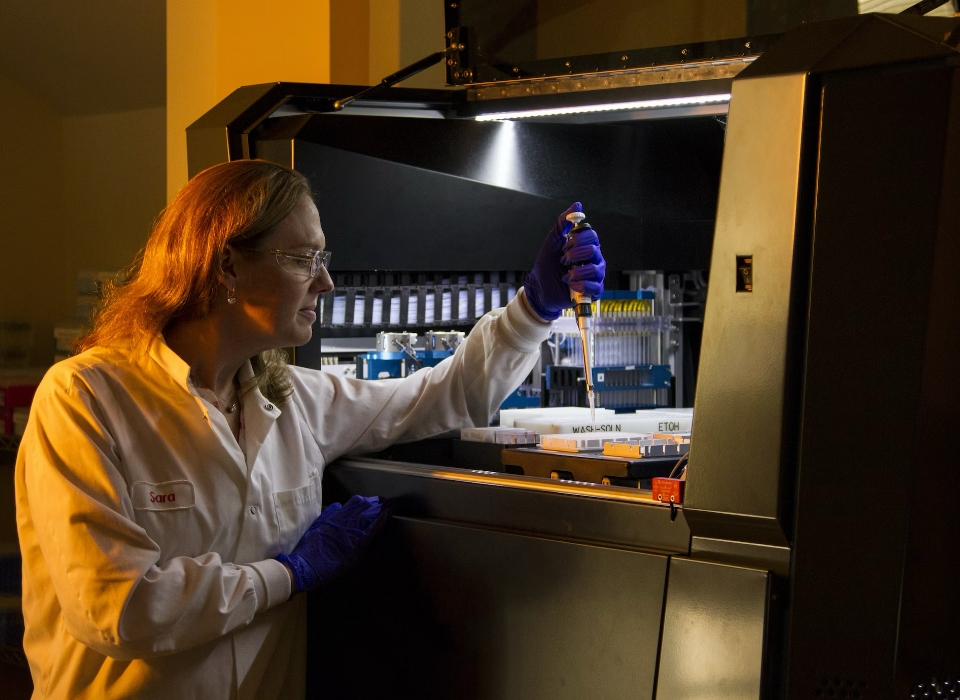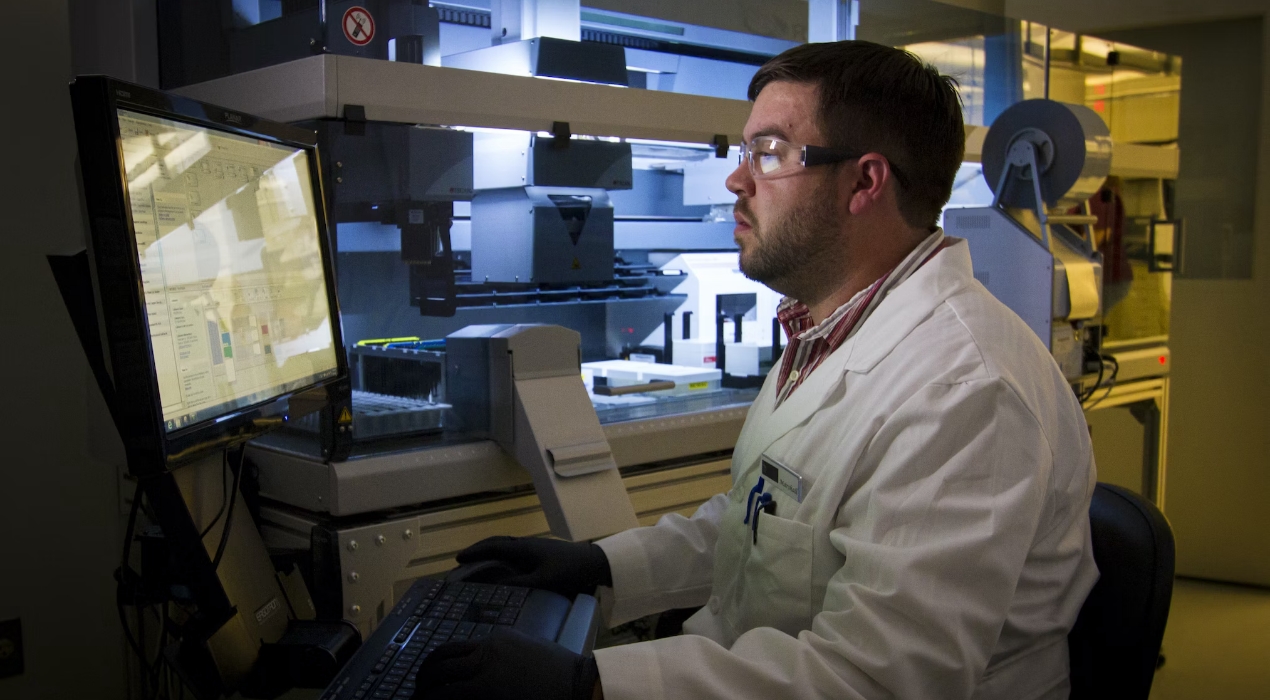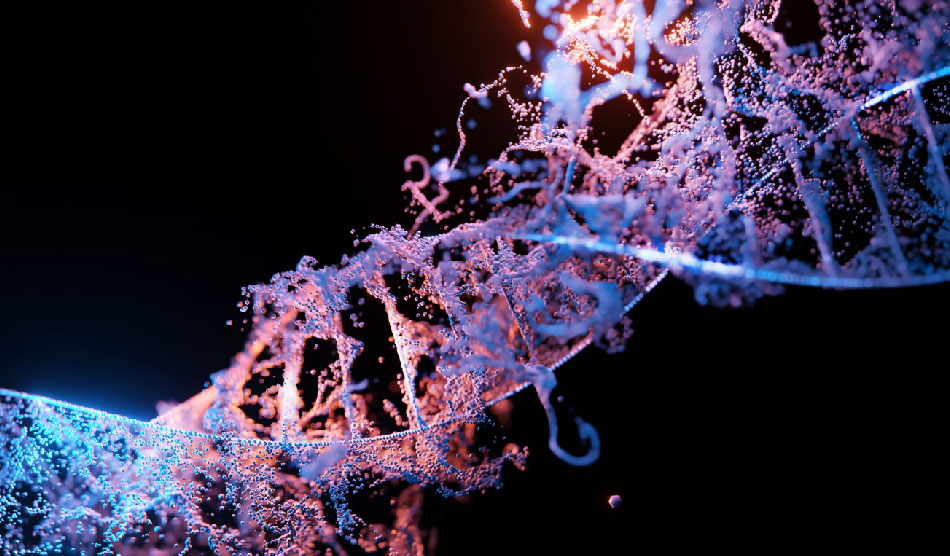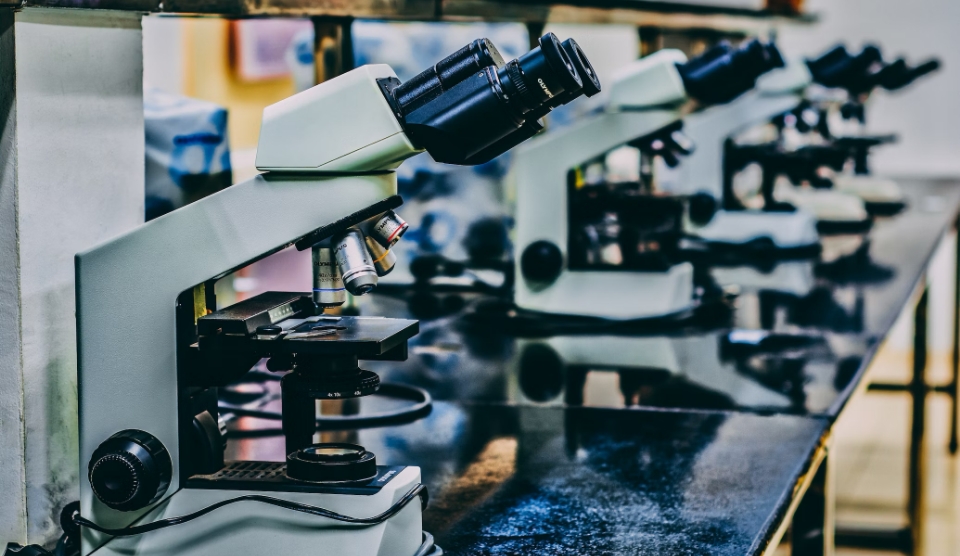In collaboration with one of the world’s leading Translational Biology teams, based at Biogen US, Optima’s Chief Data Scientist Dr Chris Foley’s research into the heritability of human disease now features in Nature, the world’s leading multidisciplinary science journal. Along with lead authors Dr Benjamin Sun and Dr Heiko Runz, Dr Foley is contributing to an international… Continue reading Tracing Genetic Mechanisms Underlying Human Disease
Tag: Bioxcelerate AI
A fast and efficient colocalization algorithm for identifying shared genetic risk factors across multiple traits
Objectives: The overarching goal was to employ statistical colocalization as a means to elucidate the causal genes and underlying mechanisms implicated in complex diseases. This objective involved bridging the gap between genome-wide association studies (GWAS) and biological interpretations by prioritizing variants likely to be causal, assessing genetic overlap among related traits, and discerning the presence… Continue reading A fast and efficient colocalization algorithm for identifying shared genetic risk factors across multiple traits
MR-Clust: clustering of genetic variants in Mendelian randomization with similar causal estimates
Objectives: The research aimed to utilize Mendelian randomization (MR) as a robust epidemiological technique to investigate and estimate causal relationships between specific risk factors and their resultant outcomes. This study sought to leverage genetic variants as instrumental variables to provide a reliable framework for understanding the underlying causal mechanisms of various health conditions. Ultimately, the… Continue reading MR-Clust: clustering of genetic variants in Mendelian randomization with similar causal estimates
isGWAS: ultra-high-throughput, scalable and equitable inference of genetic associations with disease
Objective: The aim of this research was to develop scalable and efficient algorithms, namely the in-silico GWAS (isGWAS) and leapfrog re-sampler (LRS), to overcome significant challenges in genome-wide association studies (GWAS). These challenges include the dependency on sensitive individual-level data, daunting computational demands arising from increasing cohort sizes and genetic variants, and limitations in traditional… Continue reading isGWAS: ultra-high-throughput, scalable and equitable inference of genetic associations with disease
How Data Science is Impacting Drug Development: Q and A with Dr Chris Foley
Q: What role does data science have in drug development today?Data is driving change in the drug development space. Drug development is complex, resource-heavy, and very costly. Collaborating across diverse specialisms – clinicians, chemists, geneticists, epidemiologists – scientists contribute their expertise. Notably, data scientists play a critical role in research, utilizing state-of-the-art data science and… Continue reading How Data Science is Impacting Drug Development: Q and A with Dr Chris Foley





